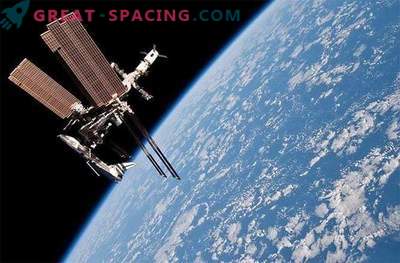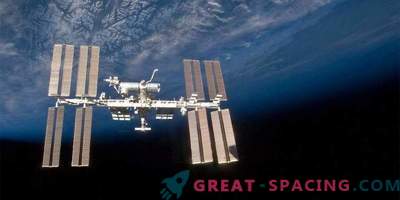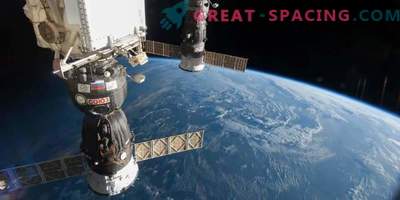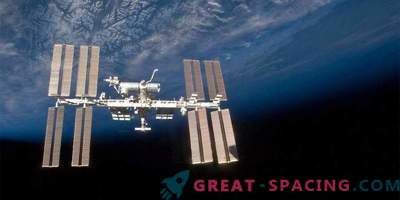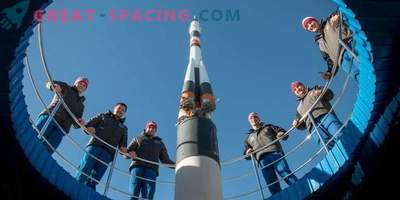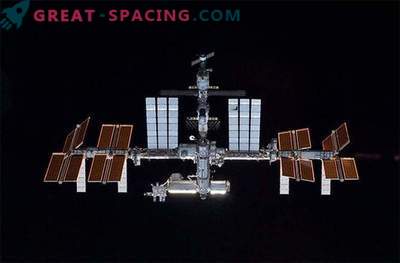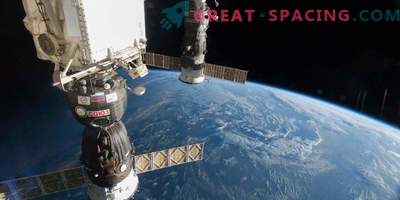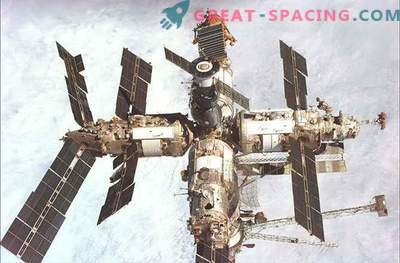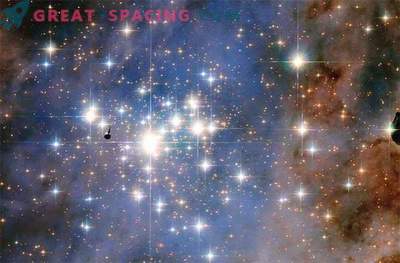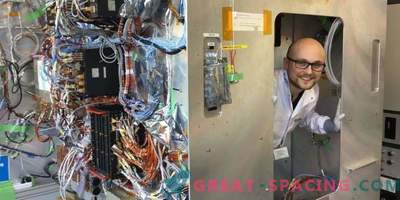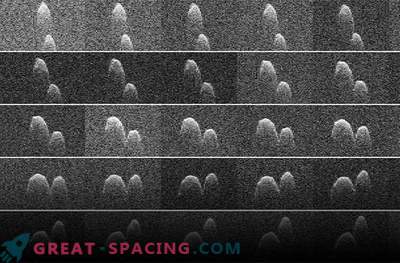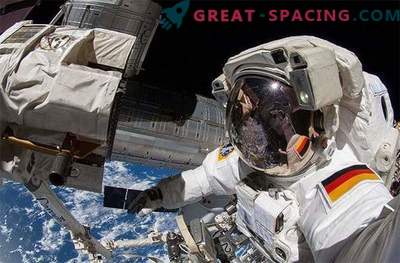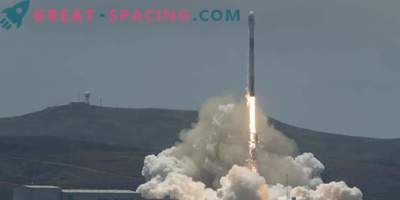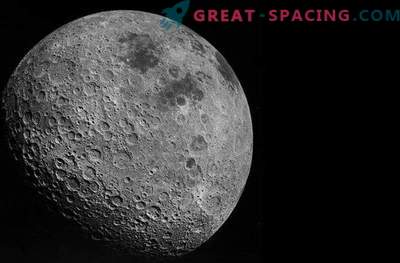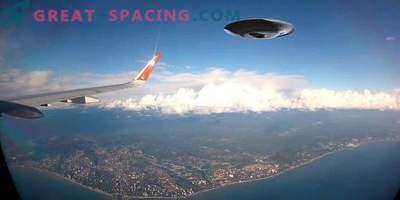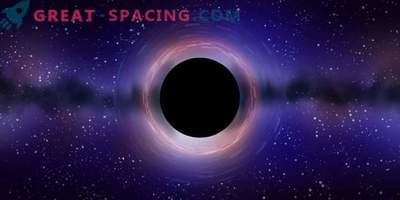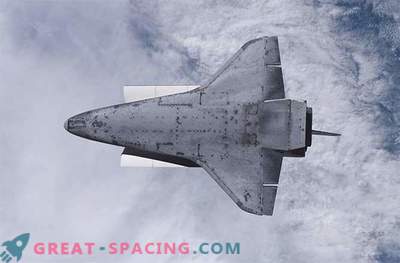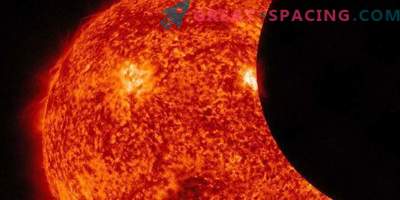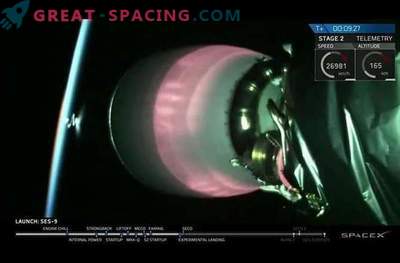
While the United States and Russia exchanged sanctions this week at the height of the crisis around the Crimea, astronauts from these two countries rose above differences in their shelter hundreds of miles from Earth.
Experts say that the increase in tension in the political and economic relations between the old opponents in the Cold War is unlikely to interfere with cooperation in space at the moment - after all, it would be destructive for both sides.
Policy talks did not become taboos aboard the International Space Station, where Russians and Americans are in one small space, moving at an altitude of 248 miles (400 kilometers) around the Earth.
The retired US astronaut Leroy Chiao, who commanded the ISS for six months in 2004-2005, said: “We could talk about anything. We could talk about politics. I’m sure the team is talking about what is happening now in that, you know, friendly way. "
American astronaut Mike Hopkins, who returned from the ISS this month after a six-month stay there, said that he considered his Russian colleagues "close friends" and called the cooperation with them "very powerful."
In addition to personal connections established in space, according to experts, these two states are simply obliged to get along when implementing a project to create a space station worth $ 100 billion, because they lead 15 countries to work together.
The Russian and American sections on the ISS have their own toilets, and they also have separate air conditioning systems.
But many complex operations on the orbital outpost the size of a football field require Russian-American cooperation, both in space and in control centers on the ground. NASA flight management in Houston is making efforts to ensure that the United States pays for most of its annual operating expenses.
Howard McCurdy, an expert on space policy at the American University, said that there is no “marital happiness” on the ISS.
“It’s more like a divorced couple trying to live in the same house,” he said, adding: “It’s possible to do it, it’s just not very easy. After all, both own the house. And both are governed by it. ”
According to a NASA representative, the United States needs Russia to transport astronauts to a space station, and currently pays an average of $ 70.7 million for each seat.
The completion of the US space shuttle program in 2011 left the Americans without their means to transfer crews to near-earth orbit, and its commercial replacement is expected to be launched and will not work until 2017.
Dependence on the Russian spacecraft Soyuz is the main reason why the United States cannot interrupt space communications.
However, according to a member of the NASA Advisory Council, John Logsdon, the immediate future in this matter depends on how Russian President Vladimir Putin responds to US sanctions on the Crimea.
“Russia can always turn off our service,” said Logsdon, estimating the likelihood of such an action at 20-25%, and added: “It will be a disaster. There is a mutual dependence that provides good motivation to isolate this issue from broader issues. ”
There were also concerns about the US dependence on the supply of Russian engines to activate Atlas V missiles, launching military satellites into space, if Russia wants to stop them. The Pentagon this week asked the US Air Force to analyze the use of Russian-made RD-180 engines for the Atlas V.
But the Air Force, according to an employee of the US Department of Defense, has a two-year reserve, respectively; no drastic measures are needed.
The retired astronaut Chiao said that it would take something much worse than the crisis around the Crimea in order to break up relations in space.
“I don’t think for a second that this could happen, but if we and Russia began active hostilities, it would certainly disrupt the work on board the station,” he said.
NASA also does not foresee changes in relations with Russia in space.
Representatives of Russia, the United States, Canada, Japan and Europe have lived continuously on board the space station in successive teams for more than 13 years, moreover, the work of the station was recently extended until 2024.
“We are confident that our two space agencies will continue to work closely together, despite the various ups and downs in broader relations between the US and Russia,” said a NASA spokesman.
On March 25, these relations will be resumed again, on this day another American astronaut will rise into the already quite densely filled spaceship Soyuz together with two Russian cosmonauts.
Together, they will go to the space station to join the three crew members already there - a Japanese, an American, and a Russian.
